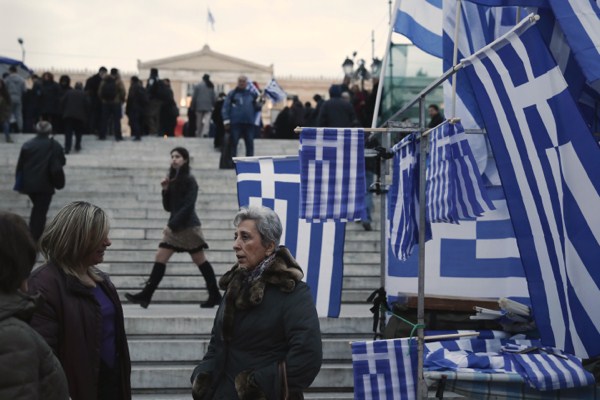Last week Greece received a four-month extension of its $277 billion bailout program. The parliaments of Finland, Estonia and, most importantly, Germany, as well as Greece’s other EU partners, approved the bailout program that was agreed to Feb. 20, provided that Greece submit a list of planned reforms. Greece submitted six pages of reforms last Monday, but not all of Greece’s creditors think they are sufficient.
Christine Lagarde, managing director of the International Monetary Fund (IMF), wrote a letter to Dutch Finance Minster Jeroen Dijsselbloem, who is also president of the Eurogroup of eurozone finance ministers, expressing her concern that Greece’s proposed reforms were not specific enough, nor did they contain sufficient assurances on their design and implementation. The letter is the most recent, and public, indication of the IMF’s hesitancy toward Greece and its bailout program.
Brazil, in particular, has been outspoken in its objections to the IMF’s involvement in the Greek bailout. As a representative of 10 other developing countries on the IMF board of directors, Brazil “thinks Greece got a special deal and was allowed to borrow an extraordinary amount of money without respecting legal obligations,” says Jacob Kirkegaard, a senior fellow at the Peterson Institute for International Economics. That highlights a fundamental difference between the IMF and the European Central Bank (ECB) and the Eurogroup: The IMF can only disperse funds if legal requirements are fulfilled.

